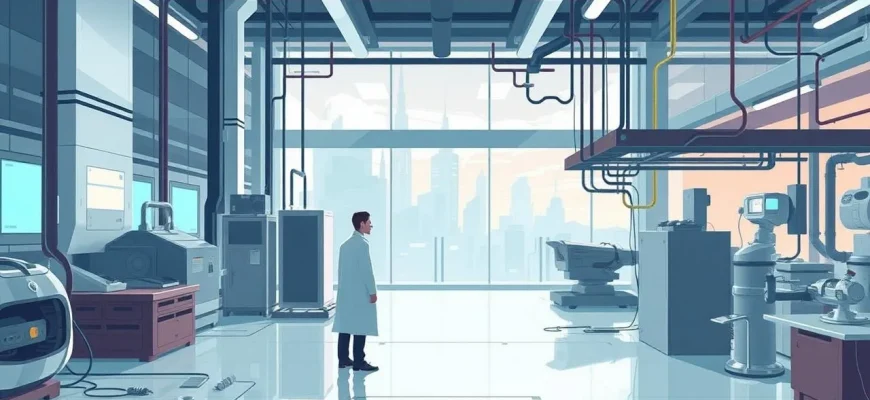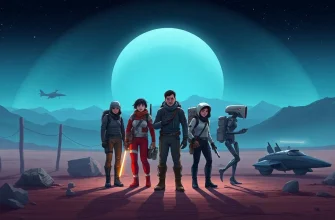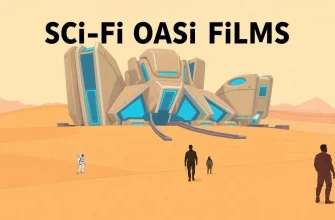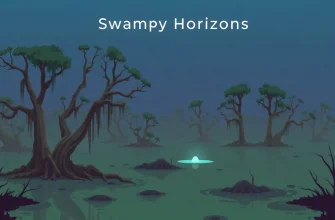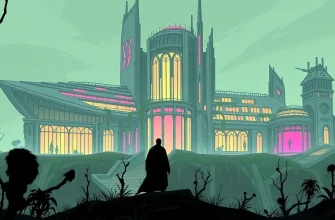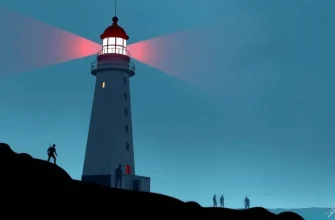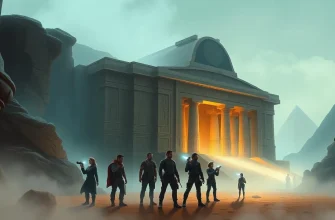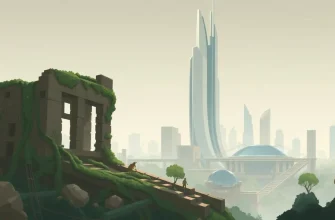Dive into the fascinating world of sci-fi cinema where factories aren't just places of production but are central to the plot, setting, or theme. This curated list of 10 films showcases how these industrial settings can be transformed into realms of innovation, dystopia, and the exploration of human spirit. Whether it's a futuristic factory that controls society or a hidden lab where scientific marvels are born, these films offer a unique perspective on the intersection of technology, humanity, and the environment.

Metropolis (1927)
Description: Fritz Lang's masterpiece is set in a futuristic city where the working class toils in underground factories, symbolizing the exploitation of the proletariat by the elite.
Fact: The film's sets were so vast that they took up an entire studio lot, and it was one of the most expensive silent films ever made.
 Watch Now
Watch Now 
THX 1138 (1971)
Description: George Lucas's debut feature film portrays a dystopian future where humans are controlled by a totalitarian regime, living and working in factory-like environments.
Fact: The film was originally a student project at USC, later expanded into a feature film.
 Watch Now
Watch Now 
Brazil (1985)
Description: Terry Gilliam's dark comedy features a bureaucratic dystopia where a factory-like system controls every aspect of life, including dreams and aspirations.
Fact: The film's ending was changed multiple times due to studio interference, leading to several different versions existing.
 Watch Now
Watch Now 
The City of Lost Children (1995)
Description: While not directly about factories, the film's setting includes a bizarre, industrial environment where a mad scientist experiments on children to steal their dreams.
Fact: The film was co-directed by Jean-Pierre Jeunet and Marc Caro, known for their unique visual style.
 Watch Now
Watch Now 
Dark City (1998)
Description: This film features a city where time stands still, and the Strangers, an alien race, experiment on humans in a factory-like setting to understand humanity.
Fact: The film's director, Alex Proyas, was inspired by the works of Fritz Lang and the film noir genre.
 Watch Now
Watch Now 
The Matrix (1999)
Description: While not exclusively about factories, the film's central concept involves humans being used as a power source in a vast, machine-run factory-like system.
Fact: The film popularized the concept of "bullet time" in action sequences, which was a groundbreaking visual effect at the time.
 Watch Now
Watch Now 
A.I. Artificial Intelligence (2001)
Description: In this Steven Spielberg film, a futuristic society features factories producing advanced robots, exploring themes of love, humanity, and artificial life.
Fact: The project was originally conceived by Stanley Kubrick, who passed it on to Spielberg after his death.
 Watch Now
Watch Now 
Equilibrium (2002)
Description: In a future where emotions are illegal, citizens work in a highly controlled, factory-like society to maintain order and suppress individuality.
Fact: The film was shot in Berlin, Germany, to take advantage of the city's post-WWII architecture, which fit the film's dystopian aesthetic.
 Watch Now
Watch Now 
The Island (2005)
Description: In this film, clones are grown in a factory-like facility, believing they are living in a utopia, only to find out they are being harvested for their organs.
Fact: The film's concept was inspired by real-life ethical debates about cloning and organ harvesting.
 Watch Now
Watch Now 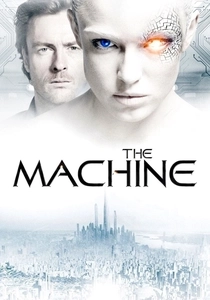
The Machine (2013)
Description: This British sci-fi thriller involves a scientist creating an AI in a secretive government facility, exploring themes of humanity and artificial intelligence.
Fact: The film was made with a very low budget but has gained a cult following for its thoughtful exploration of AI ethics.
 Watch Now
Watch Now 
